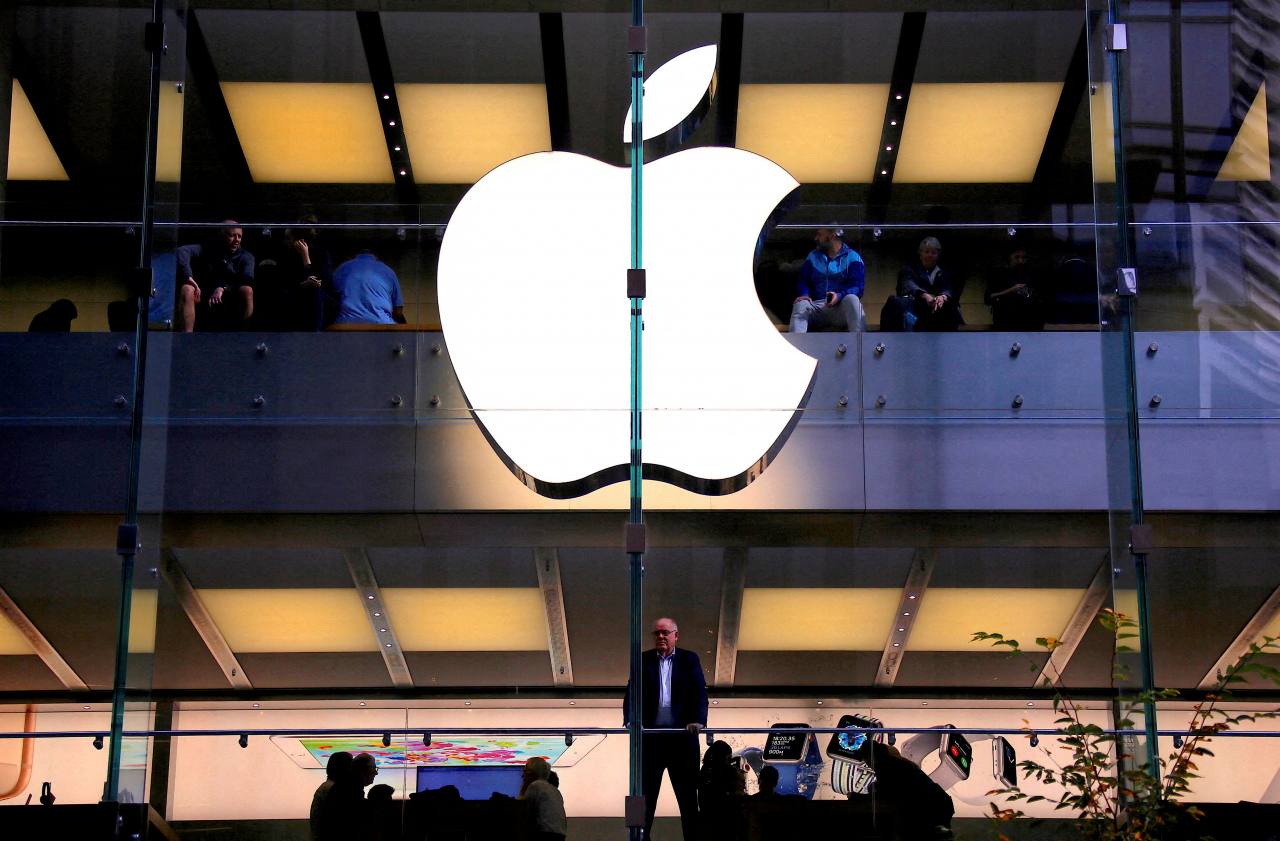
A South Korean court ruled on Thursday that Apple did not deliberately slow down the performance of its iPhone handsets, dismissing some 9,800 Korean smartphone buyers' lawsuit for 2 billion won ($1.64 million) against the United States electronics giant.
"The lawsuit is dismissed," a court judge briefly said, without elaborating as to the reason for the ruling. The ruling also indicated the plaintiffs are responsible for the entirety of attorneys' fees.
The ruling comes five years after the group of electronics consumers in Korea filed the civil suit demanding damages of 200,000 won each, which was then considered the biggest collective legal action in Korea's history, with some 64,000 plaintiffs initially.
The suit alleged that Apple had induced users of the iPhone 6, 7 and their variants to do a software upgrade in 2016 that caused a slowdown of its mobile processors so that users would be forced to replace their products with newer ones. Users also claimed they were not given any notice in advance about what was also known as "throttling" after the upgrade.
Apple has denied the claims, saying the phone slowdown was meant to preserve the life of the aging battery after a software upgrade, not to sell new products.
The district court ruling was previously delayed from Jan. 19.
The ruling stands in contrast with that of the US, as iPhone users in 34 states had reached a settlement that imposed a $113 million fine on Apple.
Hannuri, the law firm representing the users, said in a statement Thursday that the ruling highlighted the need for changes in Korea's judicial system such that all of those aggrieved by wrongful conduct do not have to be present at the suit, as well as a discovery process to force plaintiffs and defendants to reveal evidence to be presented from the beginning of the trial.



















![[Today’s K-pop] Treasure to publish magazine for debut anniversary](http://res.heraldm.com/phpwas/restmb_idxmake.php?idx=642&simg=/content/image/2024/07/26/20240726050551_0.jpg&u=)